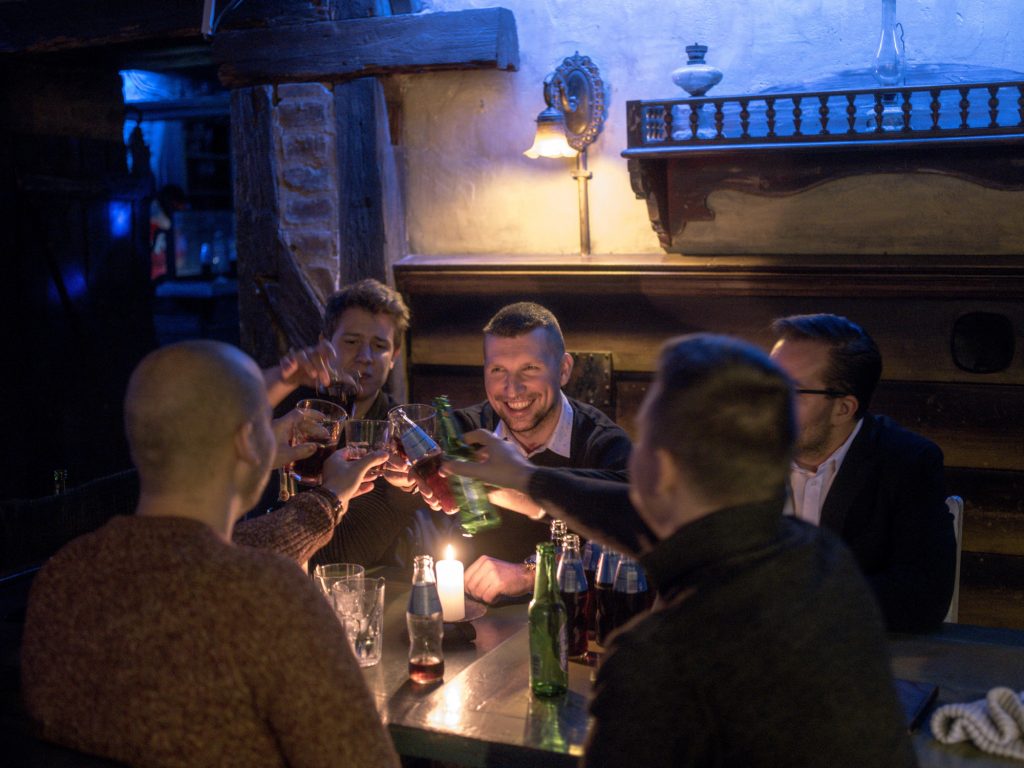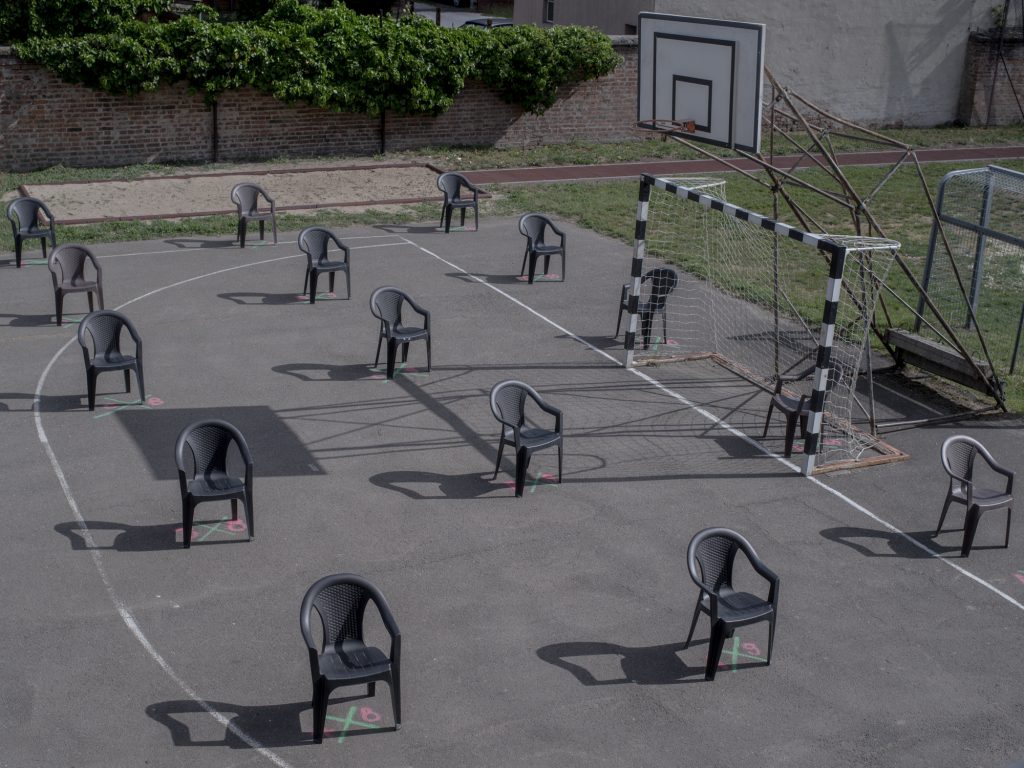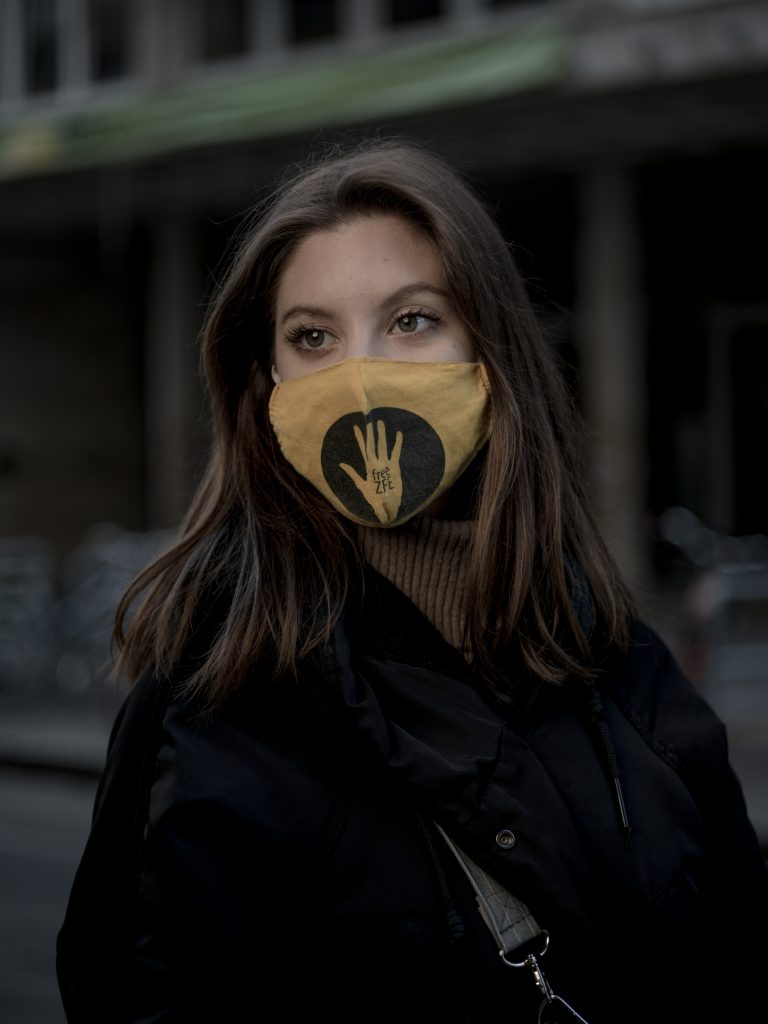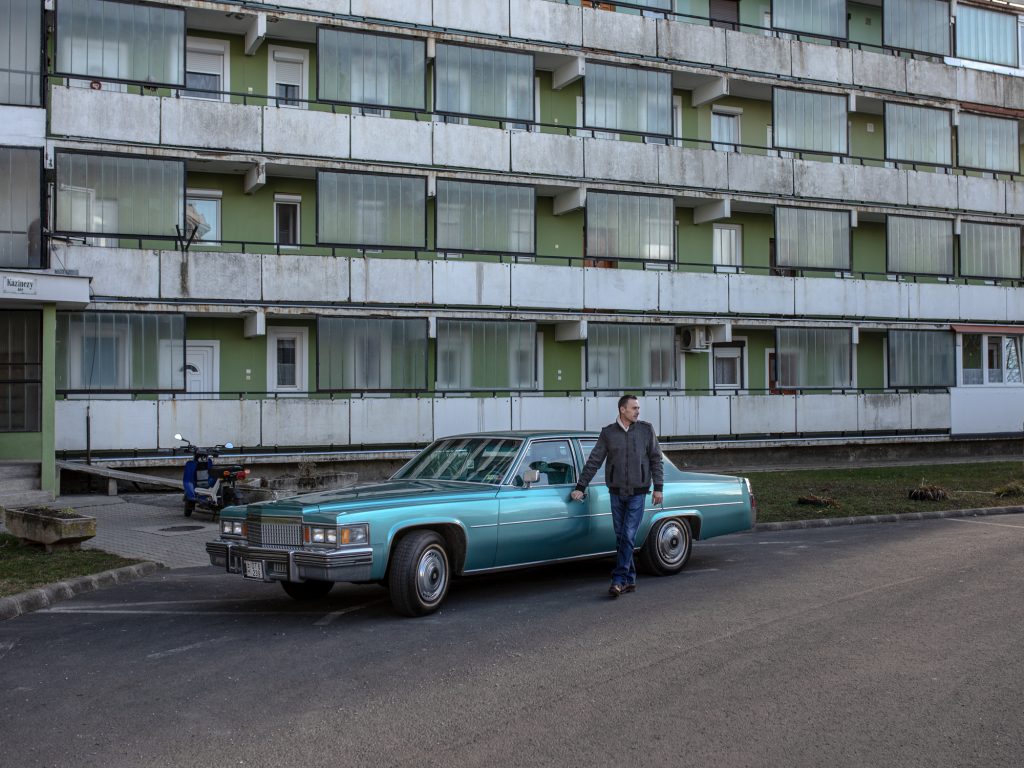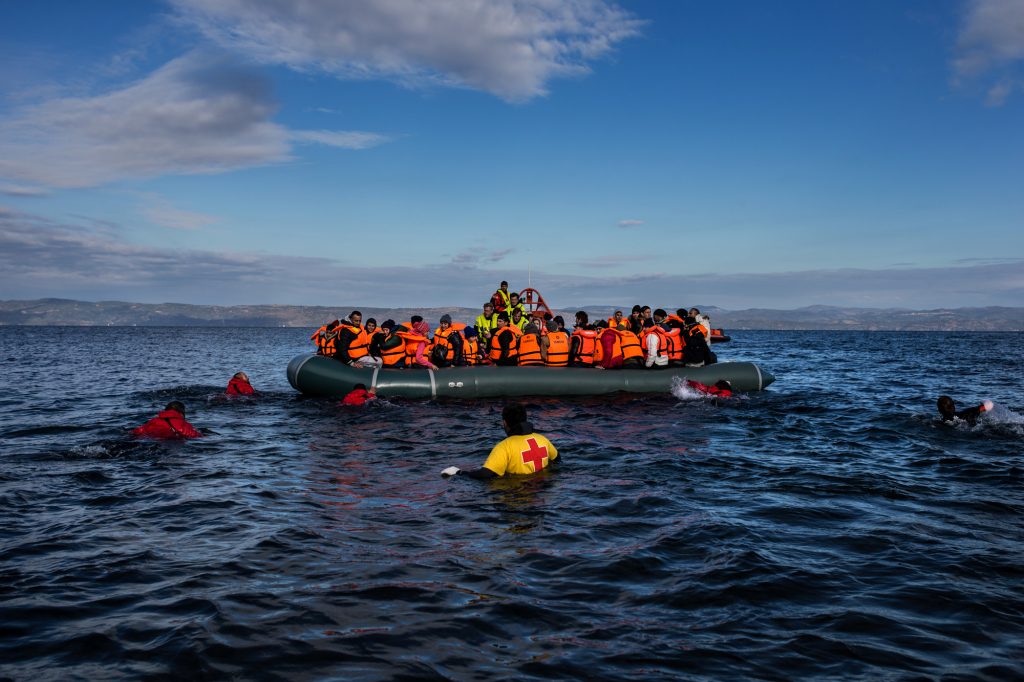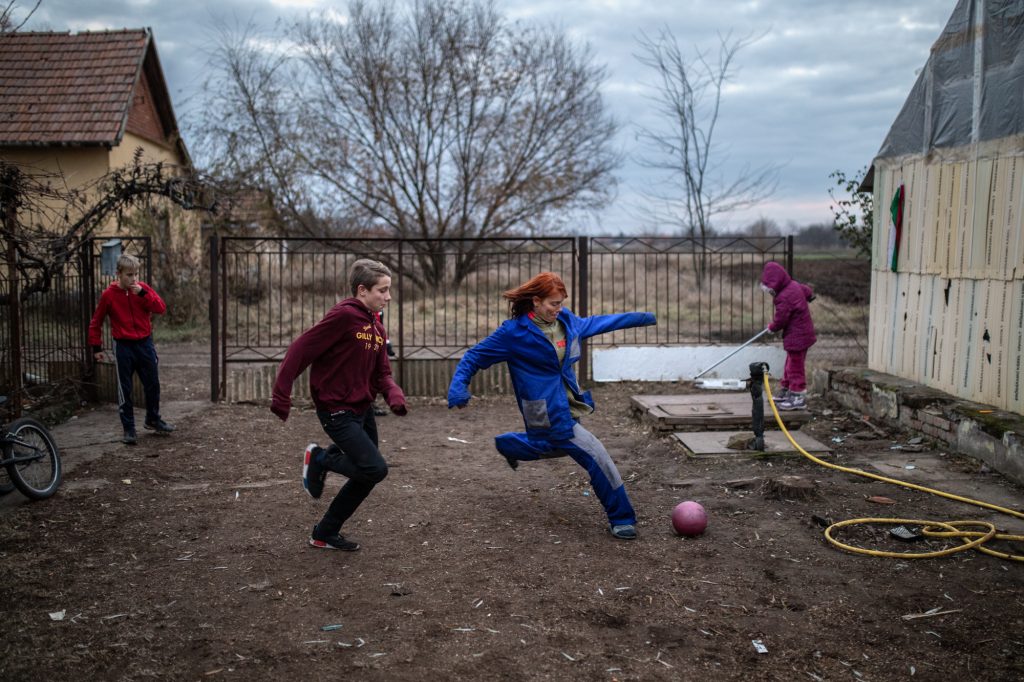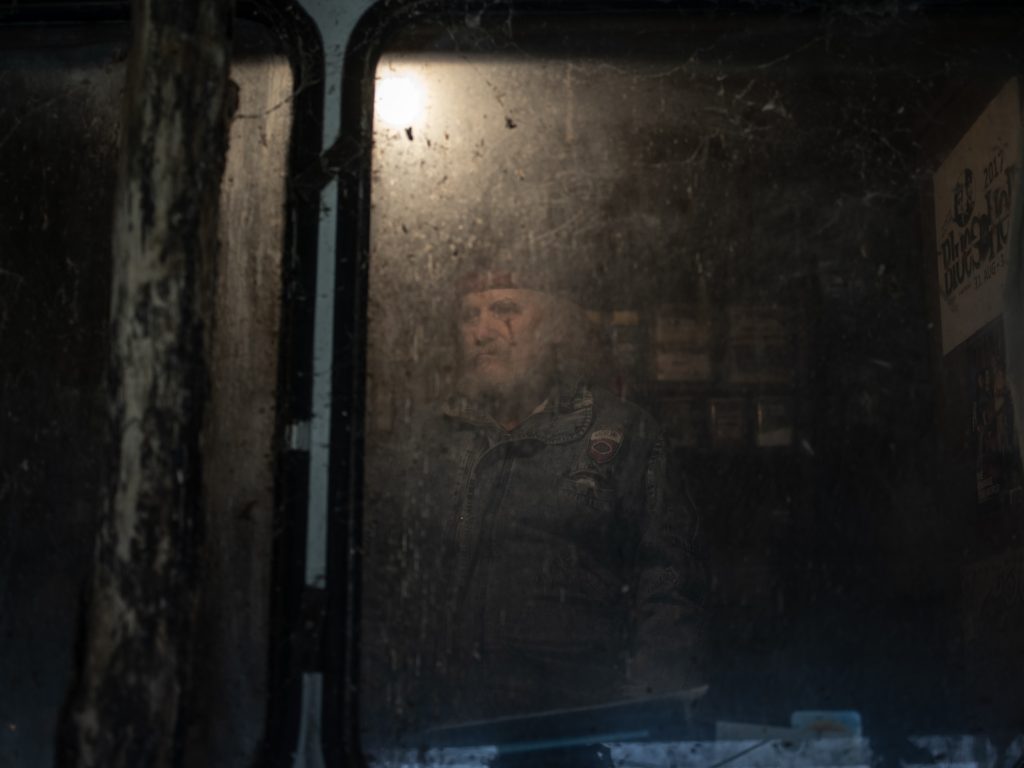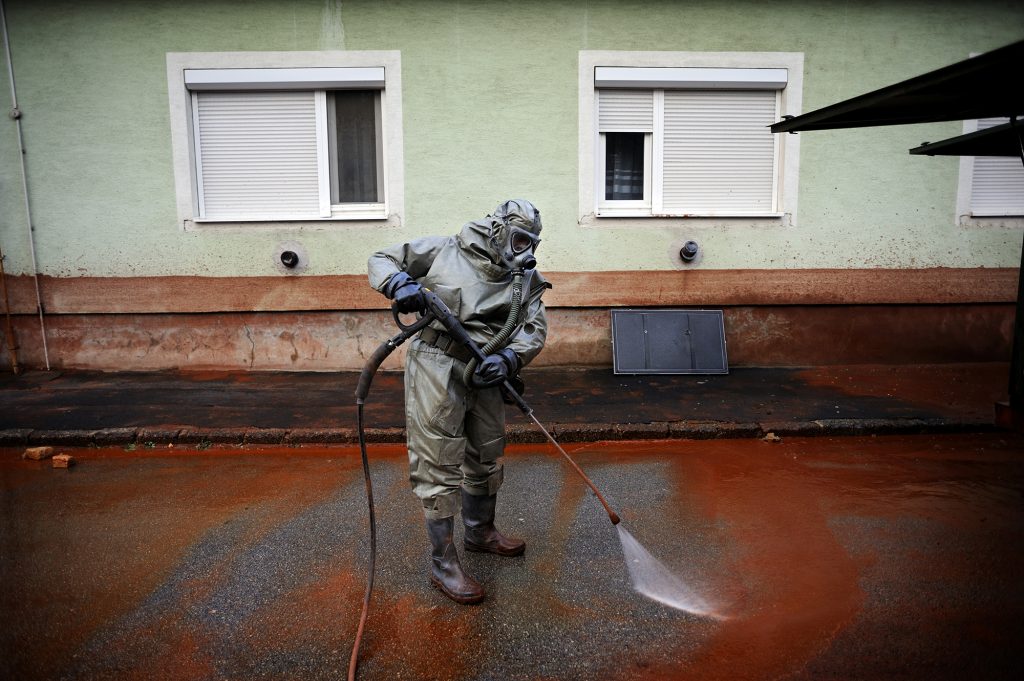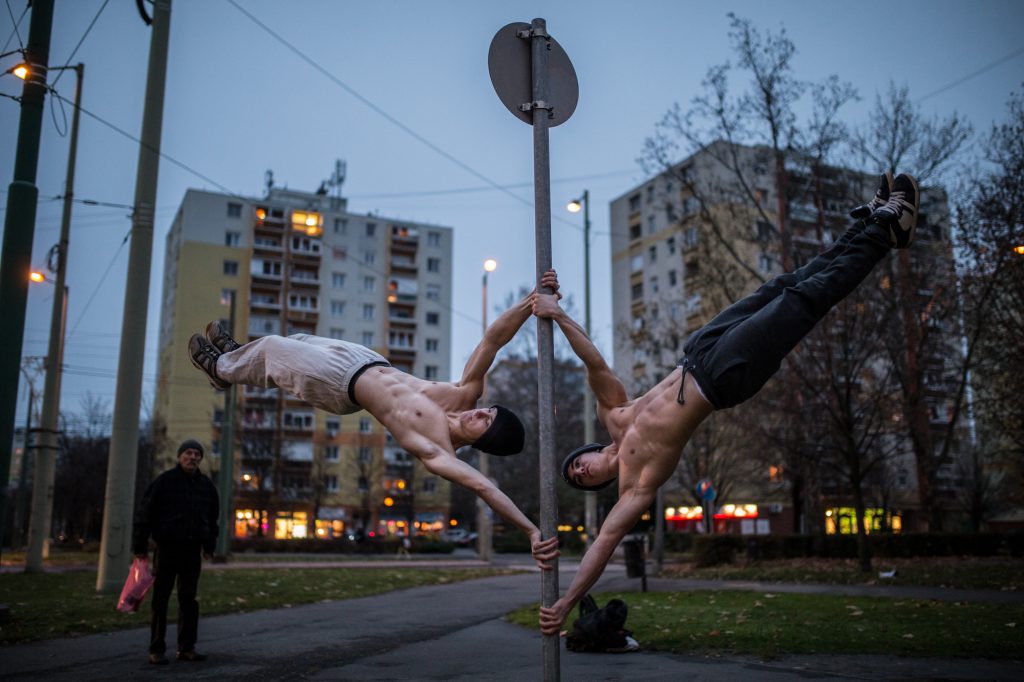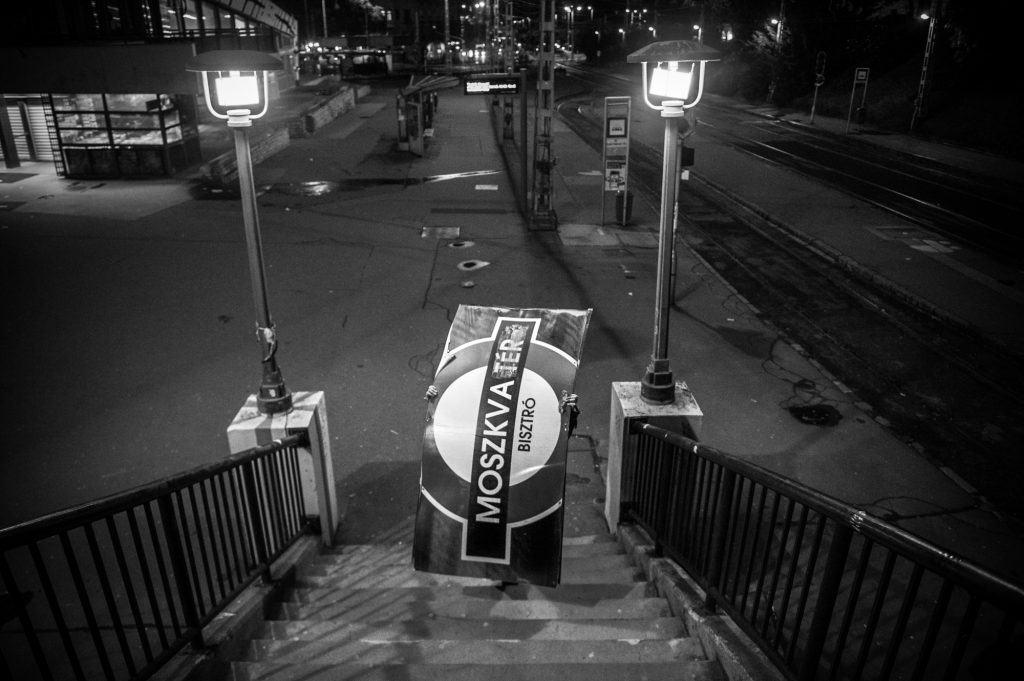Biográfia
Móricz-Sabján Simon 1980-2022.
1980-ban született Kiskunhalason.
Fotóriporter, dokumentarista fotográfus. 2003-tól a lap bezárásáig a Népszabadság munkatársa, 2016 végétől a Manager Magazin és a Világgazdaság fotográfusa. Napilapos munkája mellett sok időt szán a személyes anyagai elkészítésére, elsősorban az emberre és környezetére koncentrálva, legyen szó akár egy társadalmi problémáról, akár hétköznapi történetekről. Hosszabb távon, akár évekig is foglalkozott egy-egy témával.
Kétszeres China International Press Photo Contest nyertes illetve Pictures of the Year International (POYi), NPPA Best of Photojournalism, Prix International de la Photographie, PDN, FCBarcelona Photo Award, Slovak Press Photo és ASPAward díjazott fotográfus, munkáival számos külföldi és magyarországi elismerés mellett 43 alkalommal nyert díjat a Magyar Sajtófotó Pályázaton, közöttük háromszor a MÚOSZ Nagydíját, 6 alkalommal a Munkácsi Márton díjat a legjobb kollekcióért, három alkalommal a 30 év alatti, legjobb teljesítményt nyújtó fotóriporter díját, és háromszor a legjobb hírképért járó Escher Károly-díjat. 2009 és 2012 között Pécsi József Ösztöndíjas, több alkalommal nyert NKA ösztöndíjat illetve 2012-ben Budapest Fotográfiai Ösztöndíjat. 2013-ban Népszabadság-díjat, 2015-ben Hemző Károly-díjat kapott. 2022 őszén Árnyéksáv című munkájával elnyerte a Robert Capa Magyar Fotográfiai Nagydíjat is.
Számos egyéni és csoportos kiállításon szerepeltek fotográfiái, köztük 3 önálló kiállításon a Magyar Fotográfusok Házában, csoportos tárlatokon a Magyar Nemzeti Múzeumban, a Műcsarnokban, a Robert Capa Kortárs Fotográfiai Központban, a Várkert Bazárban illetve többek között Arlesban, Barcelonában, Chengduban, Denverben, Milánóban, Tbilisziben és Varsóban.
Tagja volta MÚOSZ Fotóriporteri Szakosztály elnökségének, a Magyar Fotográfusok Társaságának és egyik alapítótagja a Pictorial Collective-nek.
Tragikusan fiatalon egy baleset következtében 2022. december 28-án életét vesztette.
Emlékét örökké megőrizzük.

